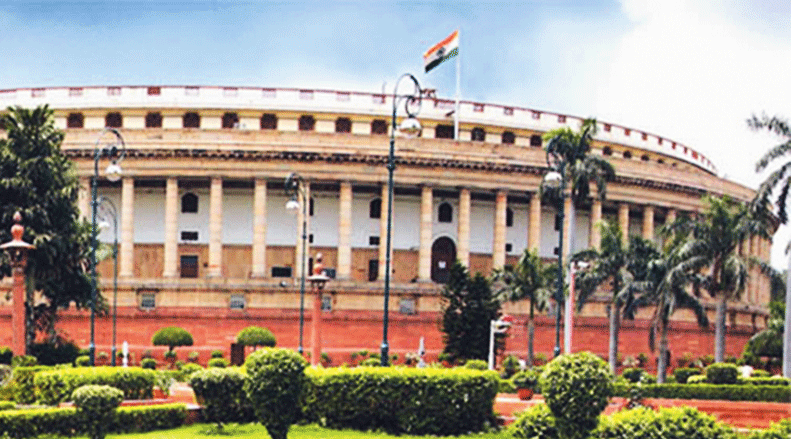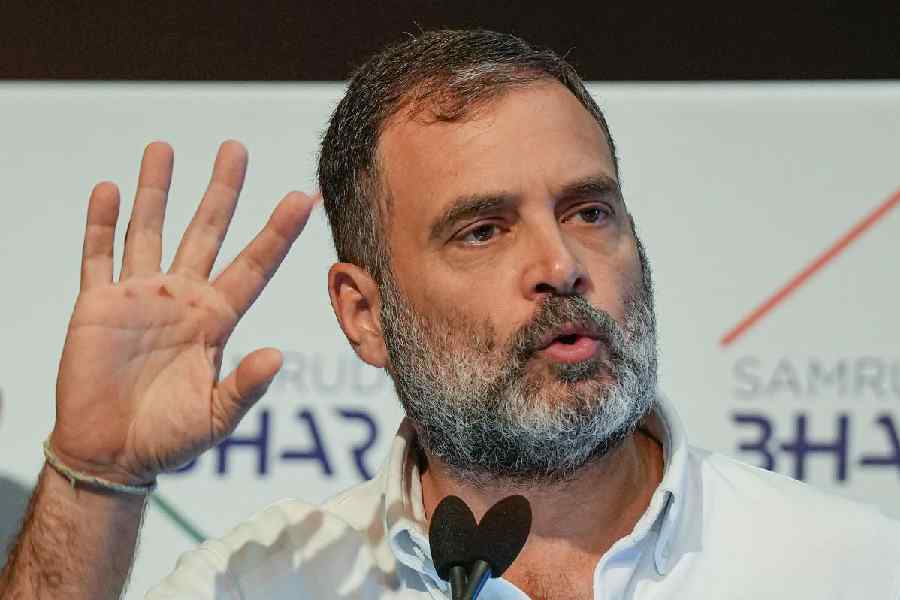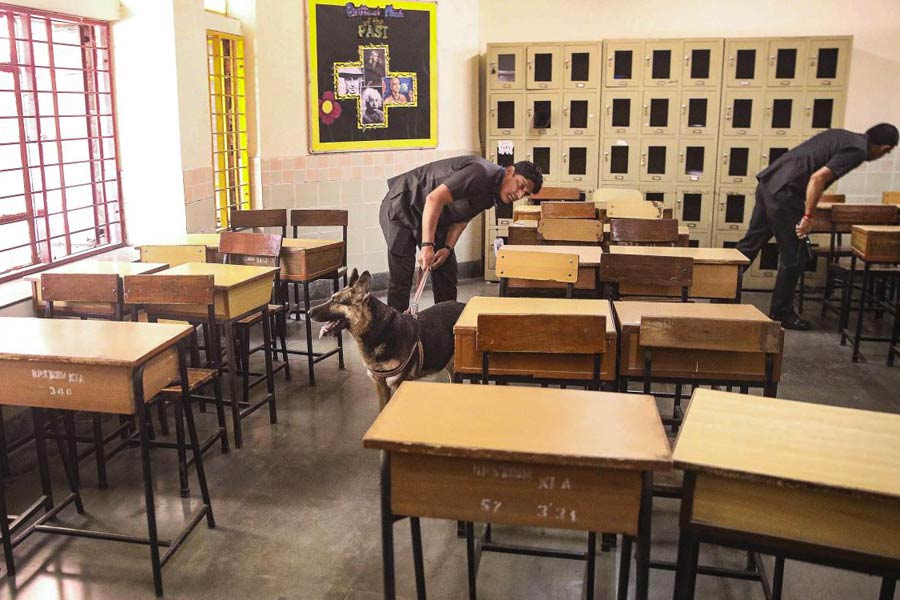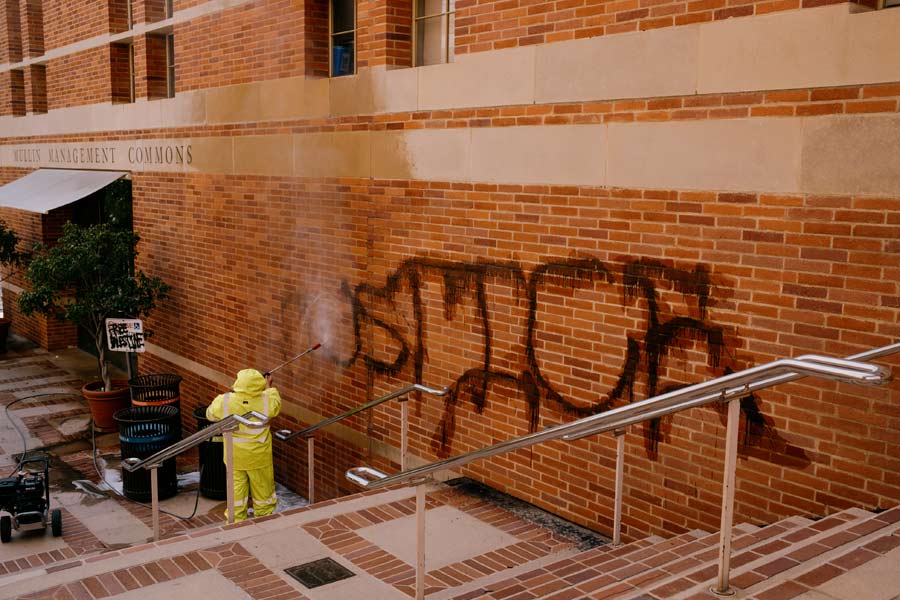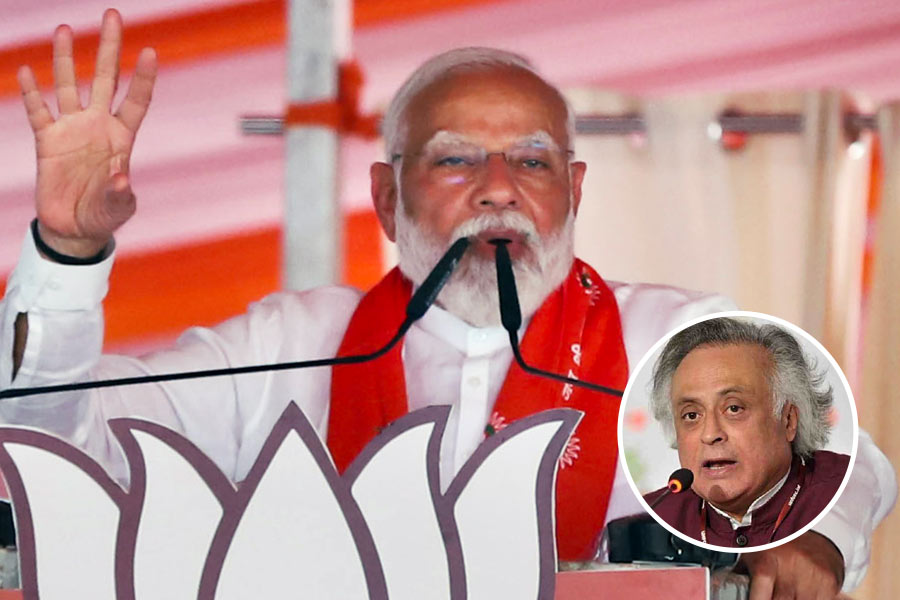Governance is a balancing act. The Narendra Modi-led government seems to have found the version that suits its purposes best. Its presence is only too acutely felt in decisions about what constitutes nationalism, for instance, while it withdraws forms of support for certain population groups. Recently, the government decided that scheduled castes and scheduled tribes will no longer get the benefits of the hitherto mandatory fixed share of funds from the Members of Parliament Local Area Development Scheme. From the next financial year, that will be an optional — or ‘advisable’ — allocation. The percentages of MPLADS funds earmarked for Dalits and tribal people are intended for infrastructure and other developments that are often like lifelines to them. Roads, drinking water, electrification, toilets, certain school facilities, footbridges that help children reach school safely and other public amenities can be, and have been, created by MPLADS money. The change is big, but almost imperceptible, presumably leaving the matter to the MPs’ discretion. The question is, would the mandatory allocation, begun before Mr Modi came to power, have been necessary had MPs been naturally inclined to develop areas predominantly inhabited by SC/ST populations?
Other withdrawals — notably of funds — are less imperceptible. Financial support for SC/ST, other backward classes and minority children up to Class VIII in schools has been withdrawn. The government said that children have free and compulsory education until they are 14 anyway. At best this is an unbefitting ignorance regarding the struggles of underprivileged children for whom even the apparently inconsequential expenses of a ‘free’ education are out of reach. In higher education, government scholarships allowing Dalits and poor students to study overseas will be withheld from those wishing to work on Indian history, culture and society. Critics say that the government does not want research on caste to be carried out in foreign universities. As though matching the government’s apparent attitude, caste oppression in institutions of higher learning is showing an alarming increase, as is suicide among students from these groups. The Indian Institute of Technology, Bombay, however, has shown through its investigation of such a suicide that the university is not to blame. But as a recent survey, also by IIT, Bombay, indicated, caste bias on campuses against students from the margins is quite common. The blindness of higher education institutions to caste oppression is a grave symptom of the democracy gradually losing its way.

